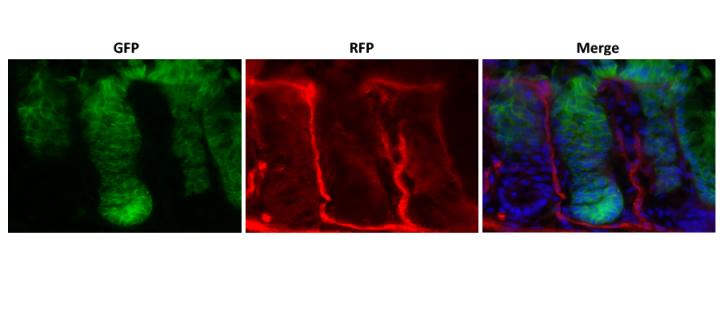Host and Tumour Profiling Unit (HTPU)
Supporting tissue based clinical and translational research.

The Host and Tumour Profiling Unit (HTPU) informs and drives clinical/translational research programmes, as well as technology developments and transfers to NHS Lothian.
The unit works in close proximity to the Tissue Governance team, ECMC, Division of Pathology – Pathology & Phenomics Laboratory, and the clinical trials team at the Western General Hospital. All work is supervised by our Quality Assurance manager to assure regulatory compliance in laboratory and clinic, and to apply standard operating procedures to all tissue-based translational activities.
HTPU staff together with research nurses and data managers in ECMC underpin local translational cancer research. Our consenters attend radiology and trials areas to ethically receive, process and store pathology and blood samples from patients in tissue banks. The samples are analysed using cutting edge techniques at the HTPU laboratories to inform individual research or clinical translational studies. Linked clinical data is also sourced from the NHS, supported by NHS and HTPU-IT staff, working within national frameworks such as the Innovative Healthcare Delivery Programme (IHDP) and Stratified Medicine Scotland (SMS) research programmes.
The Unit benefits from the latest tissue processing and histology methodologies as well as core capabilities such as:
- robotic, barcoded and multiplexed Reverse Phase Protein Array (RPPA) and mass spectrometry platforms;
- tissue proteomic analysis, to ensure efficient, rapid and cost-effective delivery of clinical impact from target-organ and tumour profiling, including at the protein level;
- unique multi-modal imaging equipment including automated whole tissue slide scanning, high content cell imaging and Raman-based chemical imaging for cancer, and for the detection of anti-cancer drugs in tissues; and
- sequencing, performed either via the Wellcome Trust Clinical Research Facility for panel-based sequencing or Edinburgh Genomics’ Illumina X10 capabilities for whole genome sequencing.
HTPU can offer:
-
Collection of pathology and patient blood samples.
- Tissue processing, histology and storage of patient samples in tissue banks.
- Development and management of cancer databases, linking clinical data to patient sample collections.
- Expansion and characterisation of patient-derived cancer stem cells for genomic, proteomic or phenotypic (including drug, combination and si/shRNA screening).
- Establishment of renewable resources of colonic organoids from human subjects with matched normal mucosa and adenomas/carcinomas.
- Development of innovative cfDNA analysis in collaboration with local clinicians to develop DNA capture methods for earlier diagnosis and epigenome analysis.
- Sequencing of tumour and host DNA.
- Bioinformatics analysis of data intensive CRUK-funded projects and of cfDNA analyses to integrate with clinical data.
- Tissue proteomic analysis, to ensure efficient, rapid and cost-effective delivery of clinical impact from target-organ and tumour profiling, including at the protein level.
- Whole slide tissue imaging and automated image analysis.
- High content phenotypic screening across patient derived primary cell models with bespoke image informatics and quantitative pharmacology solutions to explore drug mechanism-of-action and combinations, in disease relevant patient derived primary cell models.
Contact
Alex.VonKriegsheim@igmm.ed.ac.uk

